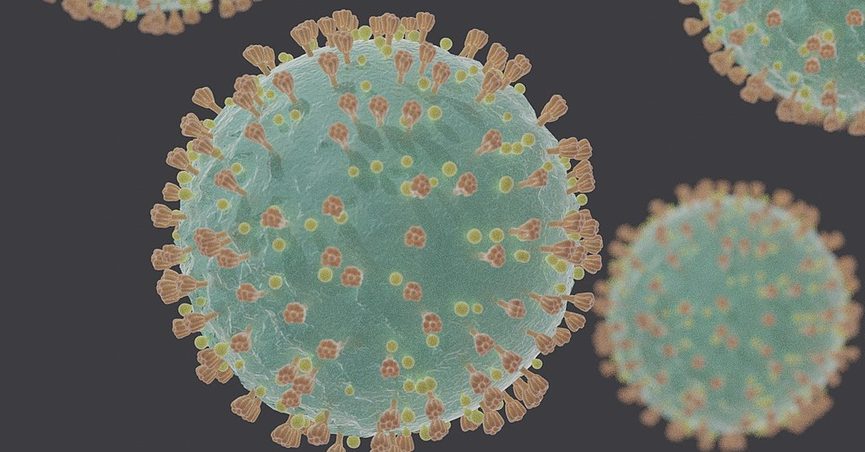病毒学家了解冠状病毒再感染是常见的,免疫学家正在努力确定保护性免疫标志在康复患者中持续多长时间。

【原文】
This article is republished here with permission from The Conversation. This content is shared here because the topic may interest Snopes readers; it does not, however, represent the work of Snopes fact-checkers or editors.
Scientists in Hong Kong have reported the first confirmed case of reinfection with the coronavirus that causes COVID-19, reportedly backed up by genetic sequences of the two episodes of the 33-year-old man’s infections in March and in August 2020. Naturally people are worried what this could mean for our chances of resolving the pandemic. Here’s why they shouldn’t worry.
Nearly nine months after the first infection with the novel coronavirus, we have very poor evidence for reinfection. However, virologists understand that reinfection with coronaviruses is common, and immunologists are working hard to determine how long the hallmarks of protective immunity will last in recovered patients.
Three potential outcomes
So how should we receive the news on reinfection of recovered individuals? There are three possible outcomes of reinfection with a similar virus: worse symptoms that lead to more severe disease, the same symptoms as the first infection, and improvement of symptoms leading to milder or no disease.
The first outcome is known as disease enhancement and is noted in patients infected with similar strains of viruses such as dengue. There is no evidence for this for the novel coronavirus, despite over 23 million confirmed cases of COVID-19 worldwide.
The second outcome, where the patient suffers the same disease twice, indicates that there is no sufficient immunological memory left behind to protect from reinfection. This could happen if the first infection did not require antibodies or T cells to be resolved, perhaps because other rapidly deployed immune defences were enough to control it.
The final outcome is milder infection thanks to a healthy immune system that generated antibodies and memory B and T cell responses that persisted long enough to be of value during the second exposure. Given the diversity of antibody and T cell responses reported in different COVID-19 patients, we anticipate that immune protection – if efficient – may vary in different people.
Of course, this has implications for the potency and duration of herd immunity, the idea that when we reach a large number of recovered patients immune to reinfection, this will protect the most vulnerable. Therefore vaccination is critical to induce and sustain protective immune responses in the long term.
Vaccination can elicit more potent and longer-lasting immune responses compared with natural infection, and these can be sustained by booster vaccinations when necessary. This is why scientists were not surprised to hear of evidence of reinfection. The lack of symptoms experienced by the Hong Kong patient is very good news.![]()
Zania Stamataki, Senior Lecturer in Viral Immunology, University of Birmingham
This article is republished from The Conversation under a Creative Commons license. Read the original article.